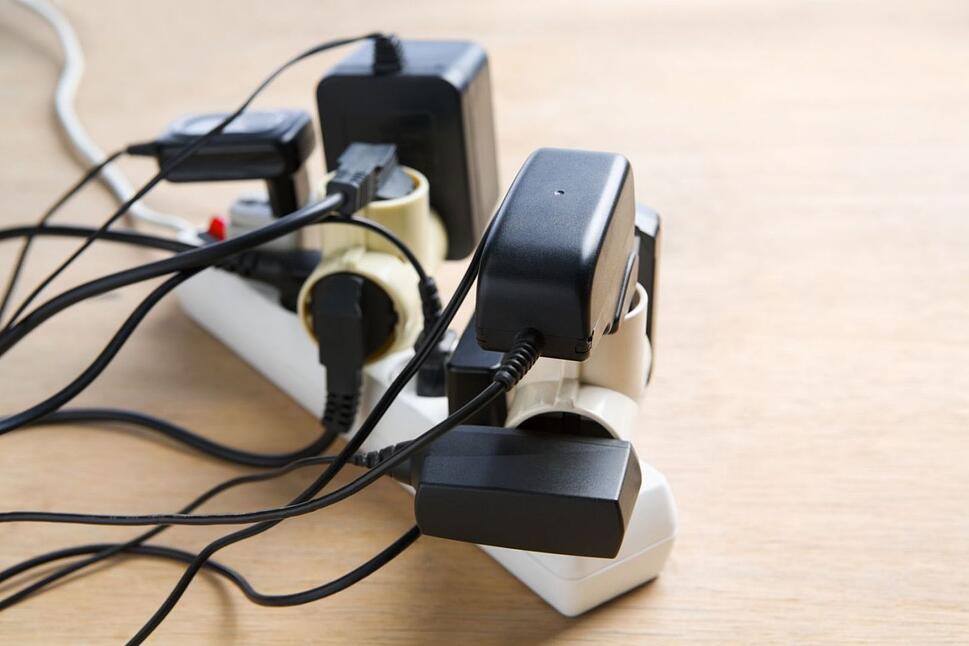Electricity can kill or severely injure people and cause damage to property.
However, you can take some precautions when working with or near electricity and electrical equipment to significantly reduce the risk of injury to you, your workers and others around you.
What are the hazards?
The main hazards of working with electricity are:
- Electric shock and burns from contact with live parts
- Injury from exposure to arcing, fire from faulty electrical equipment or installations
- Explosions caused by unsuitable electrical apparatus
- Electric shocks can also lead to other types of injury, for example by causing a fall from ladders or scaffolds etc.
What to avoid?
- Damaged tools and equipment
- Inadequate wiring and overloaded circuits
- Exposed electrical parts
- Damaged insulation
- Wet conditions
What can you do?
- Ensure that workers know how to use the electrical equipment safely
- Make sure enough sockets are available. Check that socket outlets are not overloaded by using unfused adaptors as this can cause fires
- Stop using equipment immediately if it appears to be faulty – have it checked by a competent person
- Ensure any electrical equipment brought to work by employees, or any hired or borrowed, is suitable for use before using it and remains suitable by being maintained as necessary
- Ensure there are no trailing cables that can cause people to trip or fall
- Never insert loose wires of a tool cord into a socket. Always use a plug designed for the socket
- Make sure anyone working with electricity has sufficient skills, knowledge and experience to do so. Incorrectly wiring a plug can be dangerous and lead to fatal accidents or fires
- Switch off and unplug appliances before cleaning or adjusting them
Further Information
Please consult the DM-PH&SD-P4-TG05 (Guidelines for Electrical Safety at Work) for further information.
